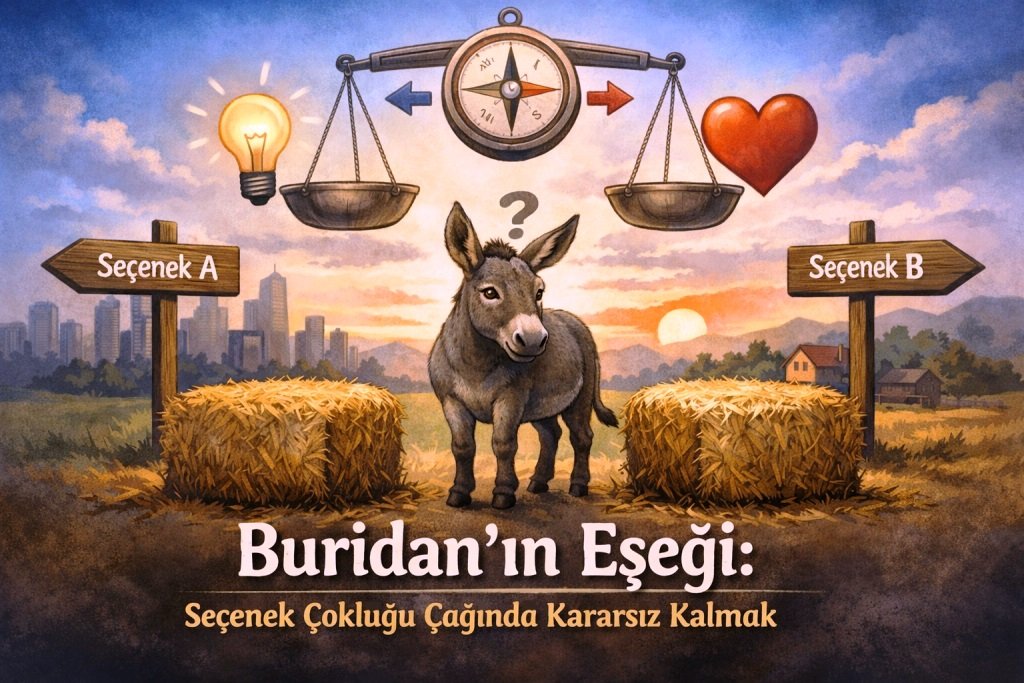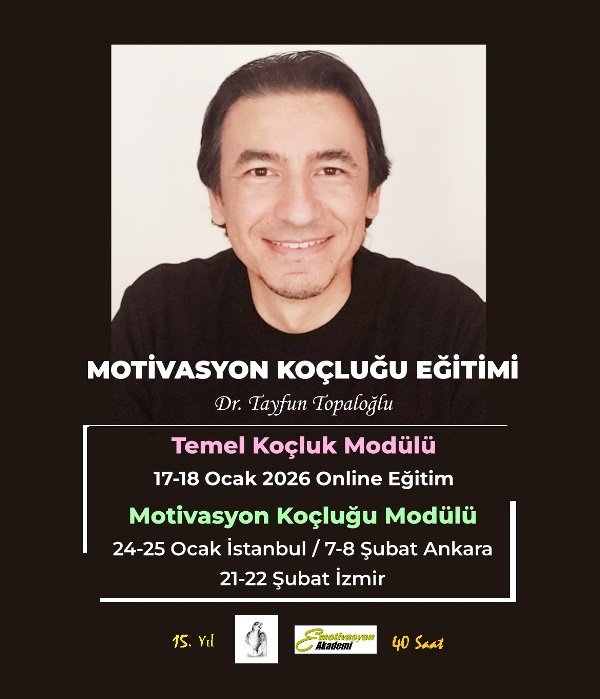Sleep, Learn, Achieve!
We spend about a third of our lives sleeping. However, much of the information about the mystery of sleep is based on the results of research conducted in the last hundred years. Yet all this is just the tip of the iceberg. Recent research shows that sleep affects our daily life, learning process and success much more than we think.
Richard Wiseman has discussed the mysterious aspects of sleep that affect our daily lives in his successful work “Night School”. In his book, the author makes important inferences about the effect of sleep on our learning process, health and success, with data supported by current research results. Here are some of them (Wiseman, 2018; 152-164):
Is Sleep Essential for Learning?
Researchers state that sleep is an important prerequisite for remembering information learned throughout the day and for skills to become permanent. Accordingly, while preparing for an important exam or interview, you should avoid trying to fill your brain with what you know until late the night before, and you should not sacrifice your sleep. Instead, you should go to bed early. When you wake up, you will feel more alive and you will find that you can better remember what you learned the day before.
Is Sleep Learning Possible?
Given the historical research on sleep learning, and the latest scientific studies show, there is no scientific evidence to suggest that sleep learning CDs will help you learn a foreign language while you sleep.
 The Effect of Insomnia on Academic Achievement
The Effect of Insomnia on Academic Achievement
The effect of sleep deprivation on academic performance is more than we think. A 2013 study of the educational achievement and sleep habits of nearly one million students from more than fifty countries found that 80% of thirteen- and fourteen-year-olds don't get enough sleep. Researchers think that this is due to using cell phones and computers until late at night. Another study investigating the consequences of sleep deprivation found that students with high grades went to bed about forty minutes earlier and slept about twenty-five minutes longer than those with low grades.
Why Do Babies Sleep So Much?
Most newborns sleep about twelve hours a day. Researchers have suggested that babies store information about the state of the world while they sleep, sleeping so long because they have so much to learn. According to one study, babies fall asleep not just to rest, but to evaluate and categorize their experiences when they are awake.
The Importance of Sleep in Skill Development
Sleep is one of the most neglected issues while developing a skill. You should not practice, experiment or train just before going to bed. Research shows that the best time to sleep is about five hours after training.
Research shows that starting a second skill right after it inhibits improvement in the first. There should be a gap of at least four hours between learning the different skills and if possible take a long nap during this time.
Certain studies have focused on the effect of oversleeping on the success of athletes. In a study of top athletes, it was found that athletes who slept ten hours a night for weeks exhibited a significant increase in performance.
As people age, they often have trouble remembering names, dates, and everyday events. Many scientists believe that this memory loss is due to the fact that the elderly sleep less at night, thus not getting the quality and quantity of sleep necessary for learning.
The Power of Naping
There are also studies investigating the effect of naps made during the day. Taking short naps after learning something new strengthens memory. Even the shortest naps significantly improve a person's mood, reaction time, and alertness. According to the results of a long-term study, those who got at least thirty minutes of beauty sleep three days a week had a 37% less risk of dying from heart disease. This result may explain why heart disease is so rare in cultures that take a nap every day. It is stated that the contribution of rabbit sleep to health is due to the lowering of blood pressure.
All these questions about the mystery of sleep and their answers are based on the results of many scientific studies. Sleep is a necessary activity not only for resting the body, but also for maintaining mental and physical balance. During sleep, our mind continues to work on a different plane and makes an important contribution to the permanence of many learning experiences throughout the day.
It is said that Albert Einstein slept 12 hours a day. Although this situation seems quite utopian for today's people, it also expresses that sleep is a very individual reality. But the measure of how much of something is personal opinion, while the reality of scarcity is determined by the nature of being human. In other words, not meeting a physical need such as sleep has the potential to disrupt the vital balance of every person. So collect the buds while you can and enjoy your sleep. Your sleep process determines your waking life more than you think.
Gökhan
Source: Richard Wiseman (2018) “Gece Okulu” (Çev. Ekin Duru) Pegasus Yayınları, İstanbul.







